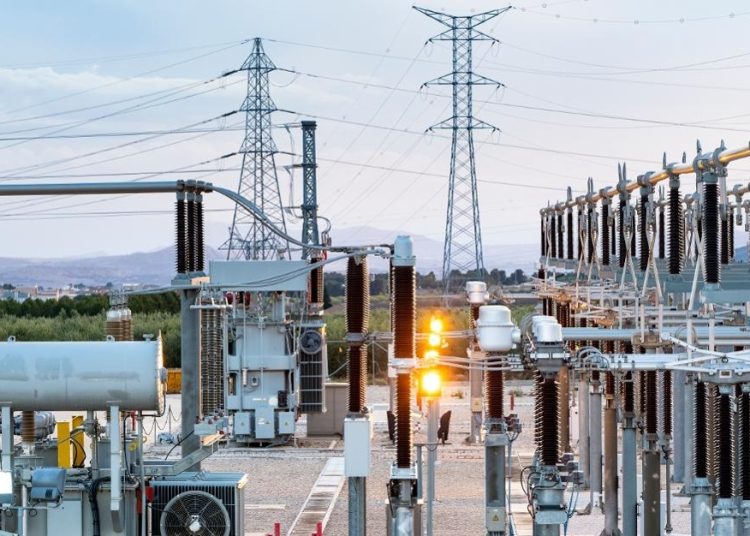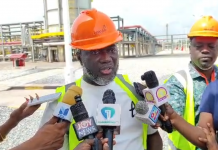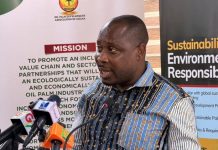Ghana’s energy sector is grappling with persistent challenges, with the International Monetary Fund (IMF) calling for strict adherence to the Energy Sector Recovery Programme (ESRP) to restore stability and ensure fiscal sustainability.

In its latest staff report, the IMF highlighted a larger-than-anticipated energy sector deficit for 2024, further stressing public finances as shortfalls surpassed projections by 0.6 percentage points of GDP.
Ongoing inefficiencies, particularly the Electricity Company of Ghana’s (ECG) inadequate implementation of the Cash Waterfall Mechanism, have intensified arrears to Independent Power Producers (IPPs) and fuel suppliers.
Despite these obstacles, the IMF remains optimistic about potential reforms. A draft energy sector strategy, focused on reducing operational costs and improving revenue collection, is expected to be finalized by June 2025 and adopted by the Cabinet by September 2025.
To address these growing challenges, the IMF has outlined several medium-term measures.
- Debt Audits: Completion of energy sector legacy debt validation audits for 2023 and 2024 by March and August 2025, respectively.
- Tariff Reforms: Quarterly tariff adjustments under the Public Utilities Regulatory Commission’s (PURC) 2022-2025 Electricity and Water Major Tariff Review. These adjustments, supported by technical analyses, aim to strengthen financial sustainability.
- Operational Review: PURC will also conduct a comprehensive review of key inefficiencies across the energy sector.
To curb losses, a 3% average electricity tariff increase introduced in October 2024 is already in effect.
As of December 2023, energy sector arrears, including legacy debts, stood at $2.1 billion, equivalent to 2.8% of GDP. The IMF has warned that the energy sector remains a critical fiscal risk, emphasizing that timely implementation of these reforms is essential to mitigating vulnerabilities and achieving sector stabilization.
























































![[FREE FREE MONEY] Predict and Win a Guaranteed GH¢200 From Us EVERY WEEK](https://wordpress.ghanatalksradio.com/wp-content/uploads/2022/02/Predict-and-Win-Final-09-03-2021-218x150.jpg)
![[Predict & Win – 8th/Oct.] WIN A Guaranteed ¢200 From Us This Week](https://wordpress.ghanatalksradio.com/wp-content/uploads/2021/10/maxresdefault-16-218x150.jpg)
![[Predict & Win – 2nd] WIN A Guaranteed ¢200 From Us This Week](https://wordpress.ghanatalksradio.com/wp-content/uploads/2021/09/maxresdefault-50-218x150.jpg)
![[Predict & Win – 25th] WIN A Guaranteed ¢200 From Us This Week](https://wordpress.ghanatalksradio.com/wp-content/uploads/2021/09/maxresdefault-36-218x150.jpg)
![[Predict & Win – 18th] WIN A Guaranteed ¢200 From Us This Week](https://wordpress.ghanatalksradio.com/wp-content/uploads/2021/09/maxresdefault-23-218x150.jpg)









![[National cathedral] See full list of churches that have contributed since 2018](https://wordpress.ghanatalksradio.com/wp-content/uploads/2020/09/Ghana-National-Cathedral-GhanaTalksRadio-100x70.jpg)
![[Agenda 111] My dream is to transform Ghana into West Africa’s medical hub by 2030 – Akufo-Addo](https://wordpress.ghanatalksradio.com/wp-content/uploads/2021/03/Akufo-Addo-3-100x70.jpg)


